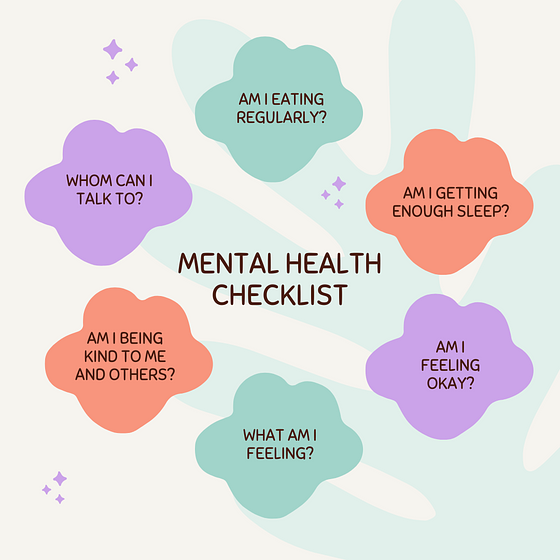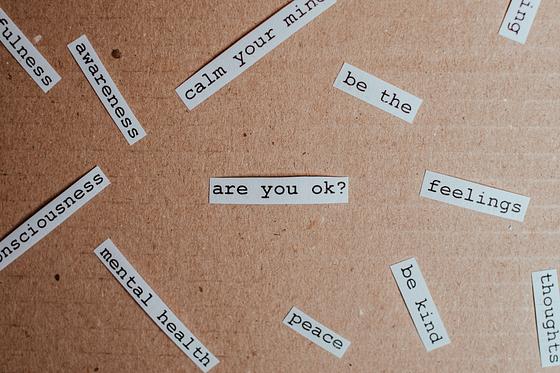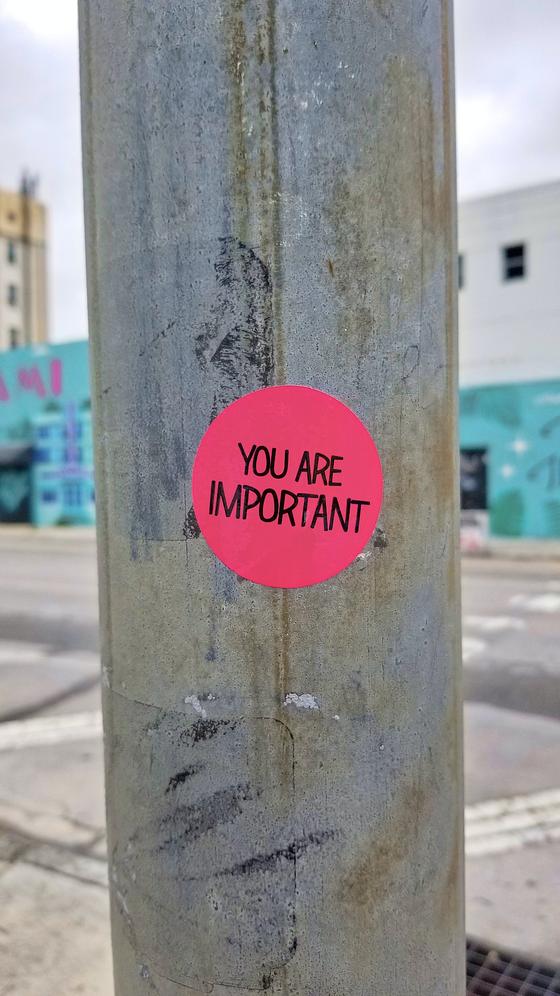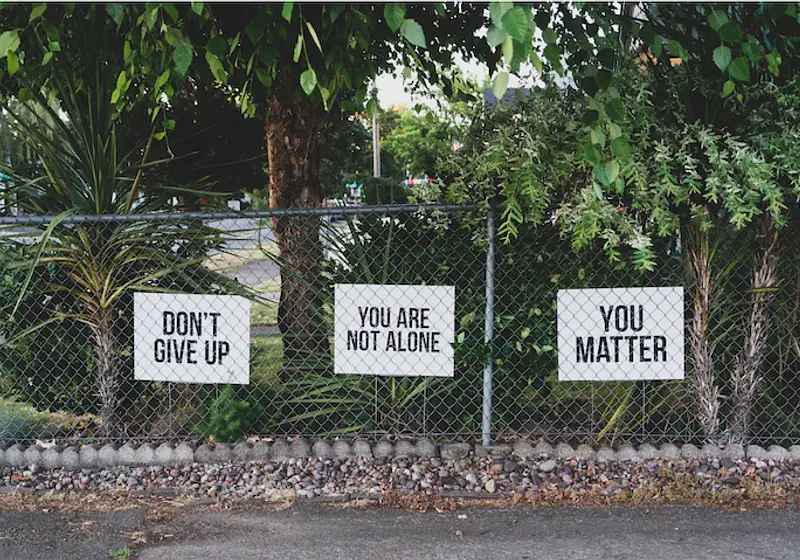Mental Health. We live in an era where mental health is the top priority, and it's heartening to witness the prioritization of emotional well-being. Amidst this, these questions linger: Are we doing this right?
Is it mere teenage hormones? The reels on Insta and YouTube are known to be glossy and sugarcoated, so is that accurate? Let's dive deeper and unravel misconceptions.
First off,
Let us slide into your dms 🥰
Get notified of top trending articles like this one every week! (we won't spam you)What is Mental Health?
Mental health, a complex topic, refers to our emotional, psychological, and social well-being. It significantly impacts our everyday actions, like what we think, how we feel, and even our ability to make decisions and handle situations. With all the reels and short videos on the internet, most of us have realized the importance of it. We must also know that mental illness is not a matter of choice, and when we look into it, it should be considered as serious as a physical illness.

Image from Canva
Take the Quiz: Are you "Delulu"?
Are you grounded in reality, or letting your overthinking run the show?
Myth # 1 - Children don't experience mental health issues
The most frequently heard myth I have come across - is "children are not affected." Age is never a concern; the surroundings and biological and psychological factors affect it. The major factors are peer pressure and parental pressure. Studies show that the initial signs of half of all mental health disorders become evident before a person turns 14.
Unfortunately, barely a few adolescents get help. They are hesitant, or parents tend to ignore them just because they are "children" and cannot be affected at a young age. Getting help at a young age plays a significant role in preventing problems interfering with developmental needs.
Myth # 2 - Mental health is just mood swings, and Teens act out due to a desire for attention
Teenagers have many mood swings, but that doesn't mean they don't suffer at all. Poor mental health is a significant issue that affects them. They should not be dismissed, as mental health requires proper care, understanding, and support from elders.
However, yes, I do agree that sometimes it might be just for attention. Nevertheless, labeling teenagers when they are going through a hard time can worsen it and stigmatize them. They lose confidence and start hesitating to reach out for help.

Image from Pexels
Myth # 3 - People should be able to handle it on their own
NO! It is OK to ask for help. We never know the severity.
It could range from anxiety to severe depression. Sometimes, it’s challenging to handle, and things may go out of hand. It’s better to talk about it and reduce the stigma around it. The first thing to do is talk to your parents about it. They know what is best for you. If you think you still need help, reach out to a professional. Professional therapists have specialized knowledge and the required resources. You will be exposed to coping mechanisms and strategies to navigate challenges.
Here are some signs that you need professional support:
- You’re experiencing prolonged stress, anxiety, depression, and the feeling of hopelessness, which doesn’t seem to end
- You have had a decline in work performance.
- You’re having relationship problems and difficulty handling people.
- You have difficulty focusing.
- You have the urge to use drugs.
Myth # 4 - Therapy is a waste of time: A pill will be a magic bullet
Therapy and self-help are NEVER a waste of time. Treatment for each individual varies based on severity, medical history, and various other factors. Also, consuming an antidepressant pill takes weeks to be effective as it alters the neurotransmitter levels, and your brain needs time to adjust to it. The dosage involves a lot of trial and error, and without a professional’s help, the antidepressant can reverse the effect of it, causing headaches, suicidal thoughts, and increased anxiety. Seeking guidance from a therapist is highly advisable. They will decide if you need to be put under medication or not.

Image from Unsplash
Myth # 5 - Only when you have a mental health condition do you need to mind your mental well-being.
Who said? Every soul’s bread and butter is mental well-being. It is a vital aspect of the functioning of every individual.
As important as our physical health seems, our mental health is too. Prioritizing your mental health creates this good aura around you which always seems to have a positive outlook on everything. Navigating the ups and downs becomes more manageable, and you become emotionally resilient. Self-care is not necessarily the Pinterest “It Girl” luxurious bomb bath. Self-care can be just going out in the fresh air for a refreshing walk and having a healthy, hearty meal. Here’s some inspo!
Myth # 6 - Perfect Grades and Many Friends: Immunity from Teen Mental Health Concerns
My friend, All That Glitters Is Not Gold. Perfect grades and popularity may create a facade of happiness. However, underneath it, even the over-achiever struggles internally.
From our point of view, it’s the ideal person with great success, but have you ever wondered about the pressure created on them to maintain flawless grades? The constant fear of failing and the incessant struggles to keep up with society’s expectations while being judged and criticized each second is what they go through sometimes. So, judging a book by its cover is not an option. Ever.
Myth # 7 - Mental health condition is a sign of inbuilt weakness
It’s one of the most common misconceptions that mental health conditions are like an inbuilt weakness. That’s not the case. Let’s take the example of a gym rat with chiseled biceps and compare them to a beginner who has just started.
One is fit and strong, while the other is an average person. Nevertheless, a muscle catch or injury will affect either of them, irrespective of their strength. Likewise, anyone can face mental health challenges no matter how resilient they seem. Overcoming these challenges requires more willpower and much effort to seek help. This takes a load of fortitude. Comparing this to weakness doesn’t make sense.

Image from Unsplash
Myth # 8 - A mental health condition equates to lack of success.
Mental health may seem complex, but it has no correlation with success. There are thousands who have overcome their mental health journey and have reached the pinnacles of success.
"Depression is more of an issue than people really want to talk about. Because people don't know how to talk about being depressed—that it's totally okay to feel sad. I went through a time where I was really depressed."
These are the exact words quoted by Miley Cyrus. Don’t tell me you have never heard, “I can buy myself flowers, Write my name in the sand.” This charming singer has gone through so much, but most of us are unaware when ‘Flowers’ is playing on the radio. Aren’t we? This is the exact proof we need; anyone can be successful, and so can you.
Myth # 9 - People with mental illness are dangerous
Most people diagnosed with mental health conditions are not dangerous or violent. According to the National Institute of Mental Health (NIMH) these people are more likely to be victims of violence than the perpetrators themselves. The American Psychiatric Association (APA) study states that various factors, including substance abuse and history of violence, can influence a dangerous nature.
Among the various violent acts that consistently occur, only 3%-5% are caused by people with mental illness. We must treat each individual equally and refrain from making judgments solely based on their mental health status.
Myth # 10 - A Person, Once Suffering, Never recovers
A recovery journey is like an elegant woven artwork with intricate threads of transformation and perseveration. The human spirit possessing extraordinary resilience is built in to navigate and conquer challenging situations through persistent adaptations. As they say, “The toughest times create the strongest men.” Maneuvering the lows of life forces imbibition leading to personal growth and positive transformation.
Numerous researches on depression and anxiety indicate that a significant number of people have recovered and improved with appropriate treatment. According to the World Health Organization (WHO), depression is a treatable condition, and evidence-based interventions, such as psychotherapy and medication, can lead to recovery.

Image from Unsplash
In conclusion, dispelling myths surrounding mental health fosters the pathway to a more compassionate and understanding society. Let us end the stigma around it. Let us strive to work hard to create a society where each individual can seek help whenever required and where mental health is equally as important as physical health.
The “relatable” reels everywhere are not necessarily accurate, it’s the world with a layer of frosting gently masking the complexities of mental health. Let us wholeheartedly embrace each other and cast aside misconceptions.

















